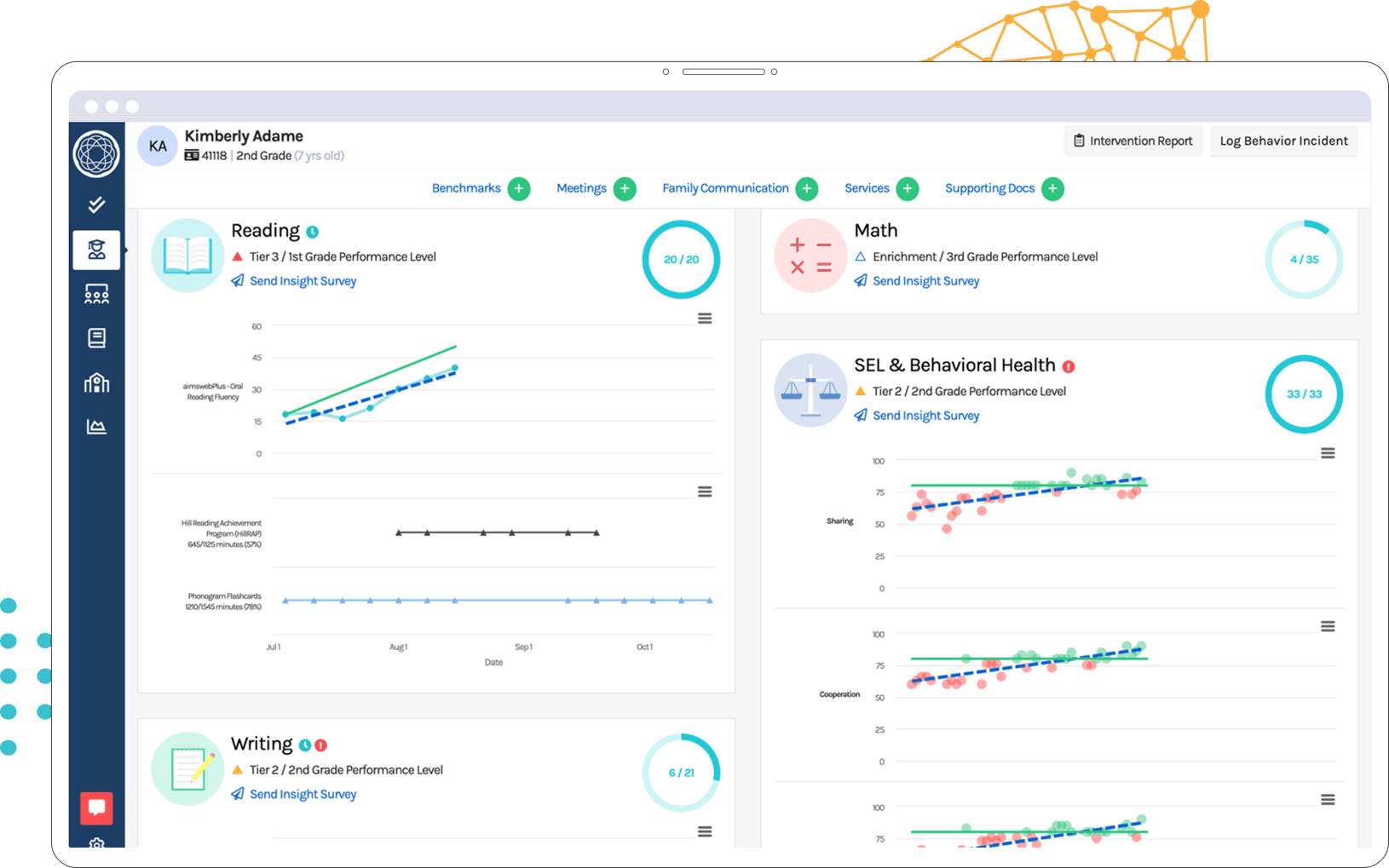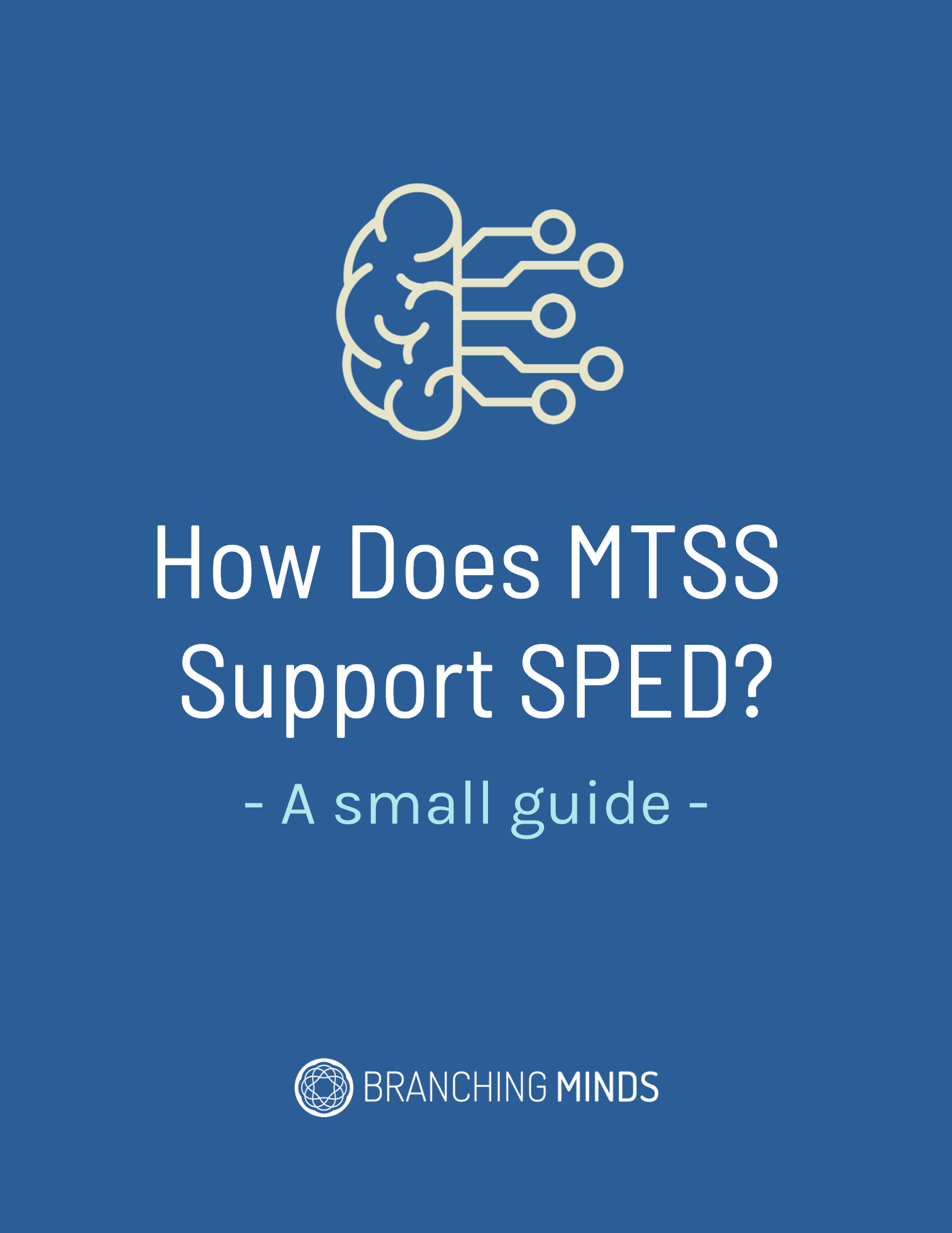MTSS Guide for Families and Community Members
It’s well known that parents and community members play an essential role in a student's success. This MTSS Guide for Families and Community Members resource guide has been created to provide critical information about MTSS and break down jargon.
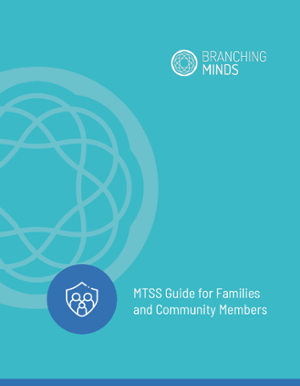
Download Now!
Related Resources

Article
5 Family Communication Resources for MTSS Success
Here are some practical tips and ready-to-use resources to help you clearly communicate the MTSS process with families.
Read the article
MTSS - Key Terms
Core Instruction
The instructional strategies used routinely with all students in a general education setting are considered “core instruction.”
Differentiation
Tailoring instruction for ALL student's readiness levels, interests, strengths, and learning preferences. (Tomlinson & Moon, 2013)
Social-Emotional Learning (SEL)
The curriculum and/or strategies taught are specifically designed to develop the skillset for understanding and managing emotions, building resilience, problem-solving, and developing healthy relationships. Students learn from explicit instruction as well as from the actions and behaviors they are observing from others. (Sutton, 2021)
Intervention
Intervention is a program or set of steps to help students improve in a specific area of need. Intervention can provide support with academic, behavioral, and/or social-emotional needs. The interventions provided to students should be research-based, explicitly matched to student’s needs, set for a certain number of weeks, and then frequently reviewed for progress.
Universal Screening
Universal screeners provide valuable information about each student's areas of strength and need, and can offer a snapshot of progress over time. Screeners are given at regular intervals during the school year. The data from universally screening students helps educators keep abreast of any changes in student learning.Tiers
MTSS, as a foundation, provides academic, behavioral, and social-emotional interventions organized into tiers (or levels) of support.

- Tier 1: Teachers provide differentiated core instruction to the whole class (ALL students);
- Tier 2: Teachers provide differentiated core instruction to the whole class + additional targeted instruction for students in need (often in small groups);
- Tier 3: Teachers provide differentiated core instruction to the whole class + additional targeted instruction (often small group) + intensive intervention (sometimes provided in one-to-one settings). The intensity/frequency and duration of the intervention are considered based upon need.
Progress Monitoring
Progress monitoring is used frequently to assess a student’s progress to determine the effectiveness of intervention support provided to a student.
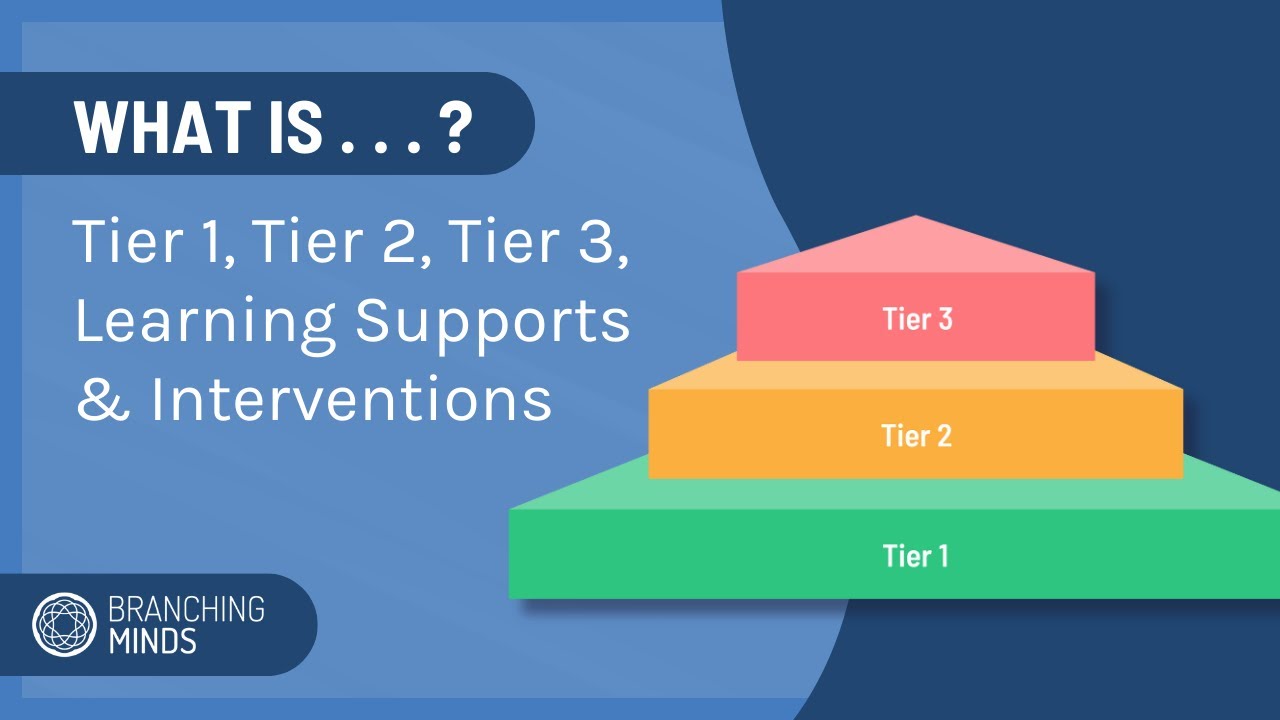
Related Resources

Article
Best Practices of Data Analysis and Differentiation for Tier 1 in MTSS
Best Practices and procedures built into how we meet the needs of all our students, utilizing data and applying differentiated practice...
Read the article
What Does MTSS Include?
-
High-quality, differentiated instruction, a quality core curriculum, and dedicated social-emotional learning
-
The use of valid and reliable universal screeners for all students
-
The creation of research-based intervention support plans created for specific academic and non-academic (social-emotional, behavior, attendance, etc.) needs
-
The frequent use of reliable progress monitoring
-
The creation of "student support/decision teams" at school to consistently review student progress and make adjustments to the duration and intensity of planned intervention, based upon data
-
The support from school leadership to provide professional development and other needed resources to ensure MTSS is successful
-
Routine collaboration regarding a student’s areas of strength and areas of need among educators, families, and community members
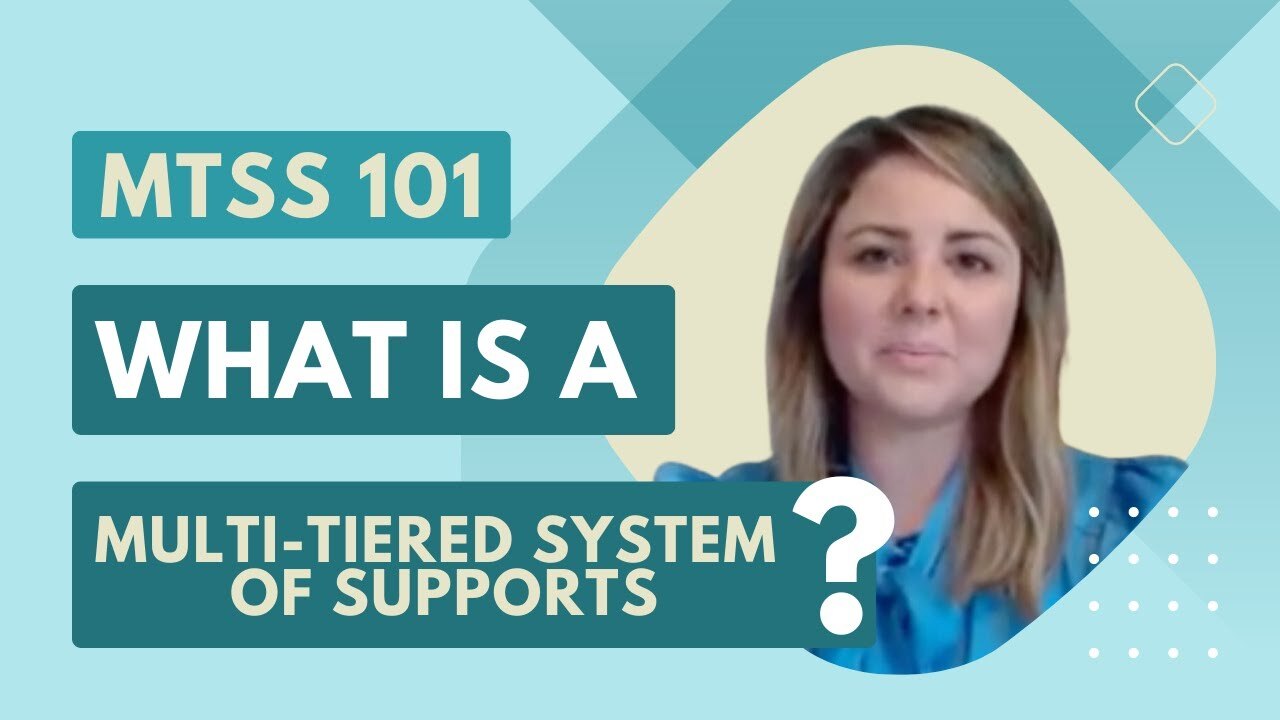
Related Resources

Article
Understanding MTSS Tier Levels: Common Problems and Solutions
Visibility into the proportion of students at each tier level, and how students move across tier levels, helps identify gaps in support...
Read the article
MTSS & Special Education: Why Are Schools All Over the Country Transitioning to MTSS?
MTSS improves education for ALL students. Students’ areas of strength are understood and tapped into daily for deeper learning to occur, and all students can receive support for academic, social-emotional, and behavioral areas of need. With MTSS, the days of a student "slipping through the cracks" are gone and replaced with a supportive foundation that requires early intervention. MTSS requires that quality education be provided objectively to all students.
MTSS Before Special Education
MTSS can sometimes be mistaken as a route for a student to receive a special education designation. This mistake should never be the case; MTSS supports the entire student body. When schools transition to MTSS, any student can receive intervention as soon as an area of need is identified through regular universal screening.
MTSS allows educators to apply interventions to students requiring support, determine if the intervention is working, and move forward with different/more intensive interventions based on progress monitoring results. As a result, ALL students receive more support, and fewer students qualify for special education, thanks to early intervention.
MTSS and Special Education/Gifted Education
As mentioned earlier, MTSS focuses on differentiating instruction as a foundational practice. MTSS meets the needs of ALL learners, including students challenged with disabilities and gifted students. It’s important to note that with each MTSS tier, evidence-based instruction and interventions can be utilized as enrichment, including the early identification of gifted learners or to meet a student’s specific IEP goals. (Rodriguez & Novak, 2021)
MTSS and Family/Community Involvement: How Can Parents and Community Members Be Involved?
Touch base!
Families and caregivers are the earliest teachers for our students. Reach out to your student’s teacher via email or phone, during conferences, after school, etc., and share your thoughts about your student’s strengths, as well as any academic, social-emotional, and/or behavioral concerns.
Ask for data!
Ask your student’s teachers for regular updates regarding universal screening and progress monitoring results.
Ask questions!
Your student’s teacher can provide information regarding the high-quality curriculum being taught and the research behind any interventions provided.
Citations
Rodriguez, K., & Novak , K. (n.d.). MTSS & Special Education. Retrieved September 21, 2021, from https://ocde.us/MTSS/Documents/MTSS%20Special%20Education%20Insert%20(1).pdf
Sutton, E. (2021, July). Supporting teacher self and well-being within an MTSS framework. Branching Minds. Retrieved September 21, 2021, from https://www.branchingminds.com/blog/supporting-teacher-sel-in-mtss
Tomlinson, C., & Moon, T. R. (2013, September). Assessment and Student Success in a Differentiated Classroom, Chapter 1. Differentiation: An overview. Retrieved May 13, 2021, from http://www.ascd.org/publications/books/108028/chapters/Differentiation@-An-Overview.aspx
Don't Take Our Word For It!
%20-%20Edited.png?width=2020&height=1300&name=Miamisburg%20City%20School%20District(logo)%20-%20Edited.png)
"The streamlined workflows, intuitive menus, and ability to select interventions and assign tasks simplifies the creation of support plans, ensuring educators can efficiently tailor strategies."
Dr. Laura Blessing
Superintendent, Miamisburg City Schools, OH
.png?width=1082&height=280&name=Indian%20Springs%20School%20District%20109%20(logo).png)
"Branching Minds is the communication tool we were missing for teachers and staff to communicate effortlessly about students with fidelity."
Dr. Christine Baldwin
Director of Curriculum, Indian Springs School District, IL

"Branching Minds can do things like track parent communication, which gets totally lost when a kid transfers grades or buildings. We call it our one-stop shop for all your multi-tiered needs."
Ronda French
Assistant Director of Pupil Services, Medina City School District, OH
""
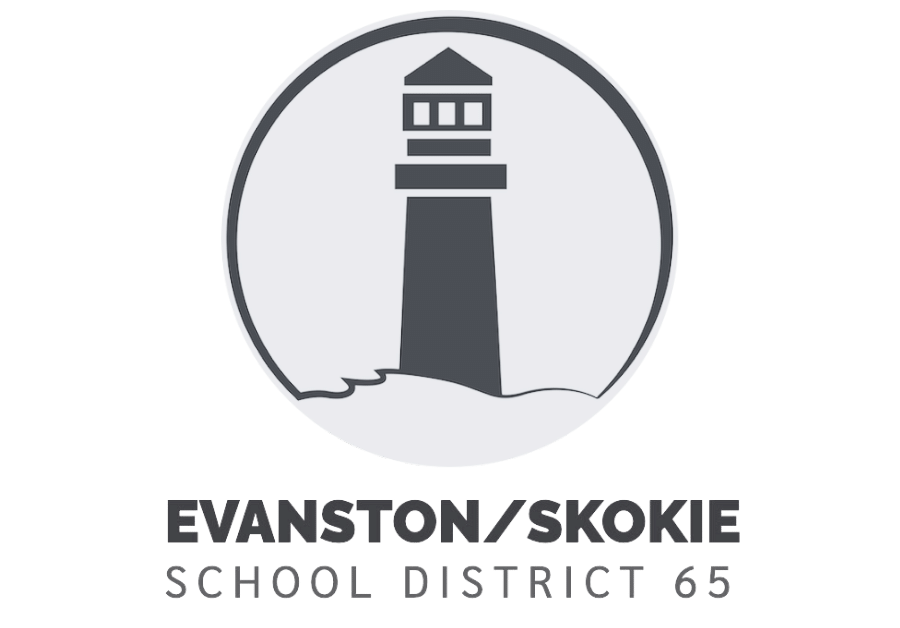
"With Branching Minds, we're seeing a whole picture of students across several years - and not just one snapshot. So it is helping us from a district leader lens and a school leader lens to make the right decisions for our students."
Donna Cross
Executive Director of Research Accountability and Data, Evanston-Skokie 65, IL
Ready to Make Student Support Simpler and Stronger?
Discover how Branching Minds streamlines MTSS, empowers educators, and improves student outcomes, starting today.
